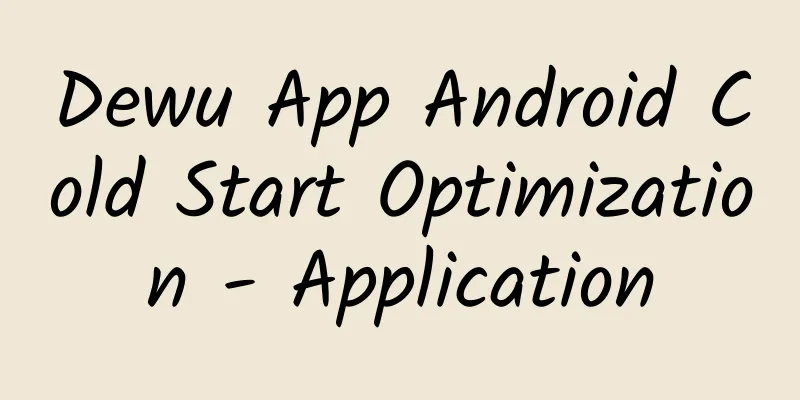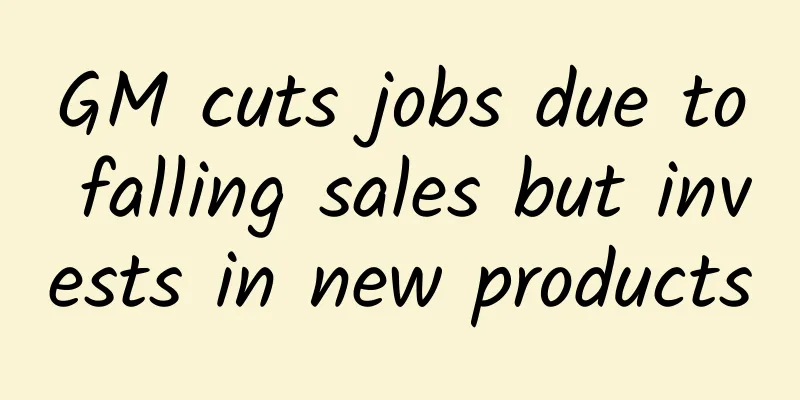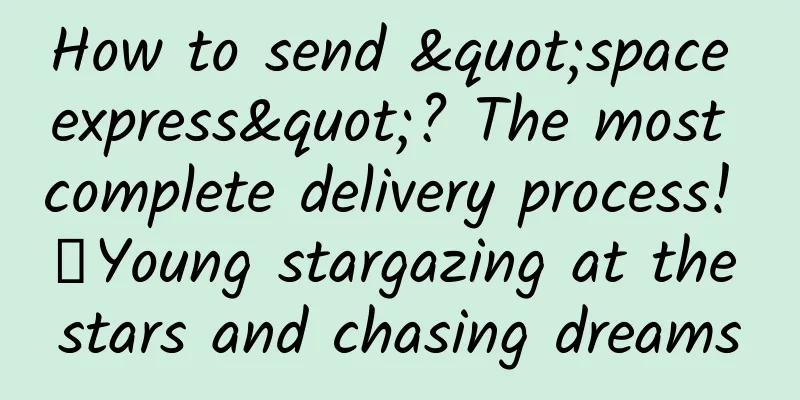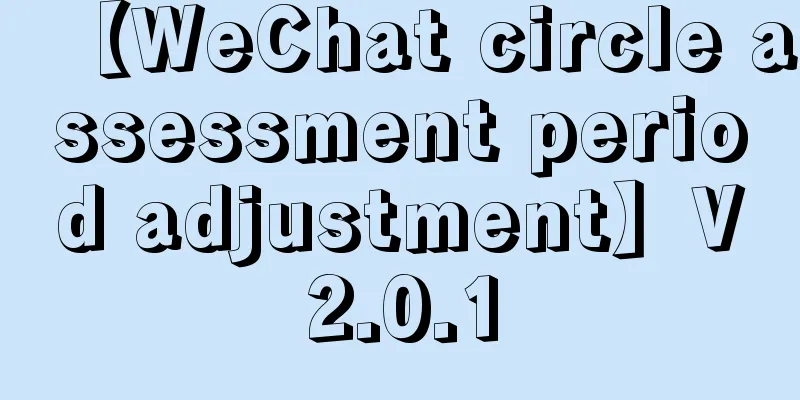3 tips for efficient event operation!

|
Today, let’s talk about event operations. The so-called event operation, product operation, user operation, content operation and other types of work can actually be interconnected, but each operation module is independent and has a set of general methodology that can be sorted out. As an activity module, what do you think is the most basic and needs the most attention? According to the timeline, we roughly divide the workflow of event operations into four stages: preliminary planning - design and development - online operation - review and closing. The planning stage should be a very important link, which determines the tone and logical framework of your event. Here I want to talk about a phenomenon. You will find that when it comes to planning activities, operations staff are often more passive. “Let’s do a big promotion”; “Next month is Chinese Valentine’s Day, let’s do an activity to attract new customers”; “Recent indicators are not good, let’s add an activity”. However, few students would think of taking the initiative to improve this dilemma. To effectively solve this dilemma, you might as well take the first tip: create your own event calendar. Tip 1: Create your own events calendar The event calendar, as the name suggests, is a management tool that combines time/theme/content/crowd classification. This tool has three benefits:
The implementation of this calendar is very simple: The first step is to create the following Excel table; The second step is to collect dates and nodes/hot spots. You can search directly on Baidu or find the full year version. To avoid errors and omissions, you can compare multiple versions. Note that hot spots also need to be combined with the situation of your own platform, such as anniversary celebrations/listing events, etc. The third step is to clarify your operation plan. The figure below summarizes several major points. This module actually includes user conversion, transaction conversion, channel content, etc. The more detailed the better. You can combine several modules in the universal formula to extend it. The fourth step is to fill the table with the most suitable activity content you can collect/think of, and develop rich activity gameplay based on different user stratification, different incentive forms, and different channel positioning. As the saying goes, sharpening the knife does not delay the chopping of wood. For students in event operations, the event calendar is a magic trick that can be used at any time. The next time the leader gives an order, you can not only respond quickly, but also get the monthly and semi-annual plans at the same time. Isn't it an eye-opener? Tip 2: Master the project management process To handle a large or medium-sized platform activity is to implement a standard project management process. In large or medium-sized companies, there will be professional project managers to follow up on the R&D execution of each project to improve the efficiency of the activity. So what benefits will it bring to an operations staff if they master this process? The answer is obvious. At the beginning of this article, we mentioned that the second and third timelines of event operations cannot be carried out by operations alone, especially when a medium or large event involves multiple departments, and all aspects such as design, R&D, finance, brand, etc. must be involved in the process. Therefore, if you are familiar with the project management methods of large and medium-sized operational activities, you will not only be able to understand the needs of all parties, quickly familiarize yourself with the organizational structure, and find contact personnel, but you will also be able to accurately control the execution path and avoid omissions. So let's break down the execution process of large and medium-sized operations activities in the figure below. Activity flow-by Mrs. Mingli First, the various roles and their relationships:
Secondly, focus on understanding the core issues of each stage. I won’t go into details here, just focus on the key points:
Tip 3: Master the skills of review Reviewing is not a particularly tedious task. Just master two key points: 1. During the event, we must pay attention to the data and record the problems in time. If problems are found, we can even adjust the activity rhythm or benefits to avoid the problems from continuing to ferment. If necessary, we must also review the activities during the event; 2. Review the event in a timely manner after it ends. When reviewing medium or large-scale events, it is important to clearly review the roles of all relevant links and the problems encountered in the process. This is of great significance to the optimization of subsequent projects. Regardless of the size of the event, output is the best way to learn, and any complete review can benefit you greatly! Related reading: 1. Elements and channels of online product promotion plan! 2. A complete online event promotion planning plan! 3. How to acquire customers through online event operations? 4. Activity Operation丨How to Play APP Online Activities and Offline Promotion 5. Will the more online promotion channels there are, the better the campaign effect will be? 6. For online operation and promotion, can the hit H5 that goes viral be replicated? Author: Mrs. Mingli Source: Mrs. Mingli |
<<: 13 ways to promote Sina Weibo
>>: How to promote offline activities?
Recommend
Do you know these new vegetables?
Iceberg lettuce, kale, chicory, artichokes, cauli...
How to make users willing to pay? Xunlei's 7 effective strategies to convince 5 million people to pay
There are two things about the Internet that I fi...
The island country has a new black technology: ten SD cards form a solid state drive
As the storage space of smartphones and tablets be...
Does water have a color? Why is swimming pool water blue?
Today's Tadpole Quiz is here! The above is @A...
Two common marketing problems when promoting new products
A new brand of mobile phone was launched, and the...
General anesthesia, partial anesthesia or local anesthesia, who has the final say?
Produced by: Science Popularization China Produce...
How to make a submersible make sound from the deep sea?
The deep sea has always been beautiful and myster...
I never thought that these things that we use every day are dirtier than toilets! How can we clean them more effectively?
Wake up to the alarm in the morning Fingers flyin...
Confession of the first-class protected animal "Six-Unlike" Takin: We are cute and gentle, but...
Expert: Guo Geng, Researcher, Beijing Biodiversit...
Why is the effect worse when imitating the copywriting of brands like Durex?
Many copywriters like to pay attention to Durex’s...
Compose-Multiplatform Practice on Android and iOS
01 Introduction We have previously discussed KMM,...
Apple releases second iOS 9 beta to developers
Apple today released the second beta of iOS 9 to ...
Understand in one article丨What are the "through holes" and "blind holes" on the drilled screen mobile phone?
This month, a total of two hole-punch screen mobi...
The psychology of playing dead
© Angelica Alzona Leviathan Press: For easier und...
Tencent Weibo Xiaoqingxin client source code download
Functional category: Social Supported platforms: ...









